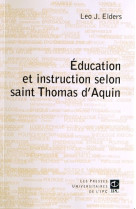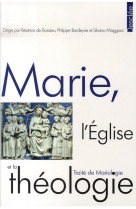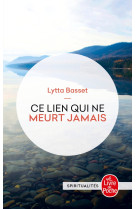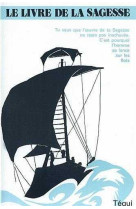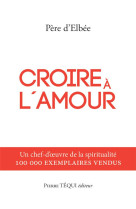Face à l'immensité du cosmos, l'être humain est comparable à un grain de sable perdu sur une plage immense. Elle est courte, la vie de l'homme, et jalonnée d'incertitudes. On peut comprendre alors que beaucoup recherchent des satisfactions immédiates autant qu'éphéméres, renonçant ainsi à donner un sens à leurs vies. L'expérience chrétienne à notre époque représente plus que jamais un défi. Quel sens la foi peut-elle donner à nos existences ? Où mène-t-elle ? Comment les chrétiens repèrent-ils les signes de la présence divine dans le monde ? Comment peuvent-ils discerner la direction du salut ? Les réponses à ces questions sont connues : elles se trouvent dans les Écritures. C'est en regardant vivre le Christ que les chrétiens découvrent le visage de Dieu et apprennent à marcher vers lui et avec lui. -- When you consider how uncertain the future is, it is easy to understand why people today seek immediate and ephemeral satisfaction, abandoning any effort to make sense of their existence. The biggest danger in our society does not come from pollution or fundamentalism, but nihilism. More than ever before, living as a Christian is a challenge. What meaning does faith bestow on the life of a Christian? Where does faith come from? Where does it lead us? How can Christians detect signs of God's presence in the world, and how do they find the path to salvation? The answer to these questions can be found in the Bible. It is through studying the life of Christ that Christians can perceive the face of God in this world and learn the art of walking alongside Him and towards Him. With his customary clarity and rigour, Bernard Rey presents the basic elements of the Christian adventure in the earthly pilgrimage. He discreetly recounts his own testimony of the believer's joy. In turn, he addresses the role companions can play in moments of doubt, the place of compassion in the life of each person, the times when one has to stop and pray, and the hope that enables us to survive through death and beyond.


